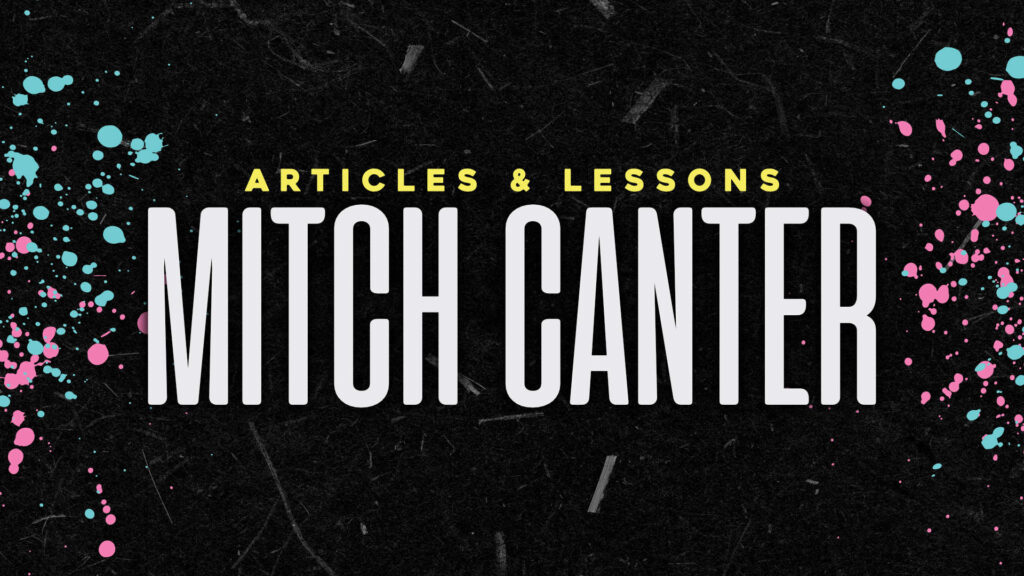This post is the second of an ongoing series entitled “50 Days to a Better WordPress Blog”. Over the next 49 days, Mitch will be providing small snippits of code, plugins, and things you can do to make your blog more attractive, attain new readers, and keep old ones coming back time and time again. You can see the entire series here.
I want to cover a lot of different topics during this series, and one that seems to be drilled into people’s heads is the idea that they should be doing things to “make their page load faster”. Well, I do agree, but I think that people 1) don’t know how fast is “fast enough” and 2) aren’t sure how to go about making their page faster. There are a few good solutions, but the one I recommend the most is to find a good caching plugin and use it.
Caching is when information is stored somewhere for quick retrieval. On your browser, pages you visit are cached to make subsequent visits load faster. On your site, it’s very similar, with one key difference. Instead of calling the database for content, the server takes a “snapshot” of a php page after all of the database calls are made, generates a static HTML page, then points the browser to it instead of having to regenerate the content – saving considerable time. Content is automatically refreshed every few hours, just in case.
I typically recommend two plugins for people looking to cache their WordPress blogs: WP-Super Cache and W3 Total Cache. Of the two, I tend to gravitate to W3 Total Cache more for a few reasons:
- They offer multiple caching types (including CDN [content delivery network]) setup for blogs and sites alike
- It’s so much easier to set up than Super Cache
- Before you activate the caching, you can test the settings to check for problems
- Most setups are able to install, click, and begin caching right away.
So do yourself a favor and start caching your site. Google, your visitors, and your subscribers will all love you.


